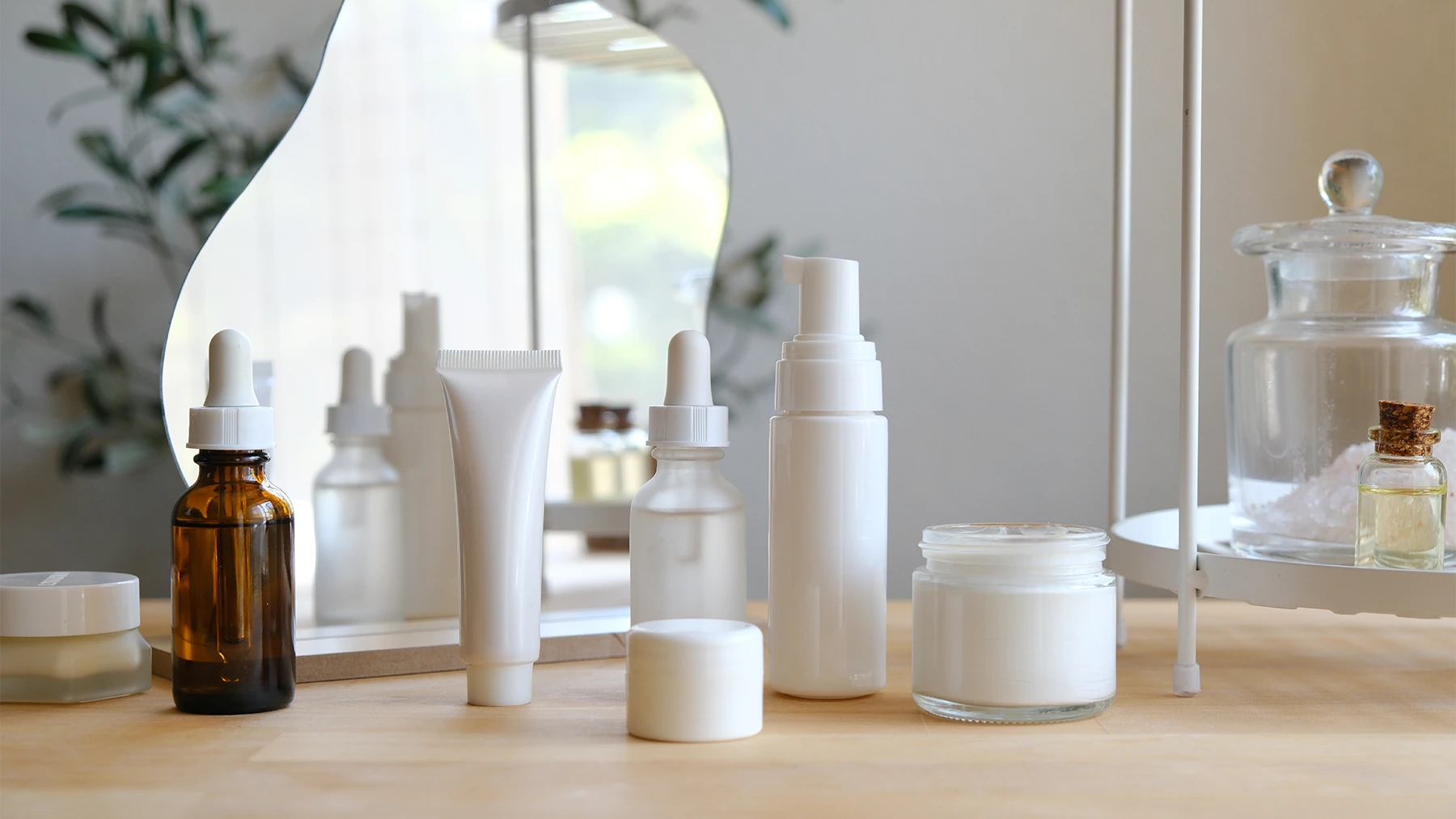
 Table of contents
Table of contents
The beauty and personal care industry is projected to grow to around USD 904.25 billion by 2030. New brands are emerging every day to meet this booming demand for high-quality skincare, haircare, and cosmetics. If you’re an entrepreneur looking to launch your own haircare or skincare brand, private label manufacturing offers an efficient, cost-effective way to enter the market.
However, selecting the right private label manufacturer is a crucial decision. The wrong choice can lead to poor product quality, regulatory issues, and production delays, all of which can harm your brand before it even takes off. Let’s discuss a step-by-step approach to choosing a private label cosmetic manufacturer. We’ll cover how private labeling works, key factors to consider, and real-world case studies of successful beauty brands that leveraged private labeling for rapid growth.
What is Private Label & How Does It Work
Private label manufacturing is when a company (the manufacturer) produces products that another company (your brand) sells under its own name. Instead of formulating products from scratch, brands can select pre-existing formulas or work with private label manufacturers to create custom formulations.
The private labeling process typically follows these steps:
- Select a Product Type – Choose from a range of haircare, skincare, or cosmetic formulations like shampoos, conditioners, and serums.
- Customize Branding & Packaging – Add your brand’s name, logo, and packaging to create a unique identity.
- Manufacturing & Quality Control – The private label manufacturer produces and tests products to ensure they meet industry standards.
- Receive & Sell – Once production is complete, the products are shipped to you, ready for sale under your brand name.
Why Choose Private Labeling
Kylie Cosmetics is one of the best examples of a brand that leveraged private labeling successfully. Kylie Jenner partnered with Seed Beauty, a California-based private label manufacturer, to launch her famous lip kits. By using a private label partner instead of developing products in-house, she was able to enter the market quickly, focus on branding, and build a billion-dollar beauty empire. Isn’t that enough of an inspiration?
Things to Keep in Mind

Before reaching out to potential private label manufacturers, take a step back and clearly define your brand’s needs. What type of products do you want to sell? Who is your target audience? Are you looking for organic, sulfate-free, or vegan formulations? Identifying these details early on will help you narrow down your options and choose a manufacturer that aligns with your goals.
Consider the story of Function of Beauty, a US-based personalized haircare brand. Instead of creating their own production facility, they collaborated with private label haircare manufacturers to produce customized shampoo and conditioner formulas. Their ability to offer a tailored experience to customers while relying on an experienced manufacturer allowed them to scale rapidly in the competitive beauty space.
Budget is another crucial factor. While private labeling is more affordable than developing a product from scratch, costs can still vary based on formulation, packaging, and order volume. Some manufacturers have high minimum order quantities (MOQs), which may not be feasible for startups. If you’re just starting, look for low-MOQ private label options that allow you to test the market before committing to large production runs.
Finding The Best Private Label Manufacturer
When researching a manufacturer, look beyond their website and marketing materials. Request samples to evaluate the product quality, texture, scent, and performance. A manufacturer may promise premium ingredients, but the only way to verify this is by testing the product yourself. The Honest Company, founded by Jessica Alba, built its reputation on clean, non-toxic beauty products. Their success was largely due to choosing a private label partner that prioritized clean ingredients and sustainability, aligning with their brand values.
Additionally, ensure that the manufacturer complies with Good Manufacturing Practices (GMP), FDA regulations, and ISO standards. Beauty products are highly regulated in the US, and failing to meet safety requirements can result in recalls or legal issues. Reputable manufacturers should be transparent about their certifications and be willing to provide documentation.
Key Questions to Ask Private Label Manufacturers
Once you’ve shortlisted a few private label manufacturers, schedule meetings to discuss your needs and expectations. Here are some crucial questions to ask:
- What is your MOQ (Minimum Order Quantity)? – If you’re a startup, look for a manufacturer that offers small batch production.
- Do you offer custom formulation options? – Some manufacturers provide only pre-made formulas, while others allow for modifications.
- What are your lead times? -Understand how long it takes for production and delivery.
- Do you provide packaging and labeling services? – A one-stop shop can save you time and hassle.
- What certifications do you hold? – Ensure compliance with GMP, FDA, and other safety standards.
Understanding Costs, Profit Margins, and Scalability
Pricing is a crucial factor in choosing a private label manufacturer. While low-cost production may seem appealing, cutting corners on quality can hurt your brand in the long run. Instead, focus on finding a manufacturer that offers a good balance between affordability and quality.
It’s also important to consider profit margins. If your cost per unit is too high, you’ll have to price your products higher, which could make it difficult to compete in the market. On the other hand, partnering with a manufacturer that offers bulk discounts and competitive pricing can help you maintain healthy margins.
Another key consideration is scalability. Your brand may start with small orders, but as demand grows, you’ll need a manufacturer that can scale production without delays. Look for a partner that has the capacity to grow with you, ensuring a smooth transition as your brand expands.
If you’re ready to start your journey, you can request samples or schedule a meeting with NCL to explore high-quality private label solutions tailored to your beauty brand’s needs.


